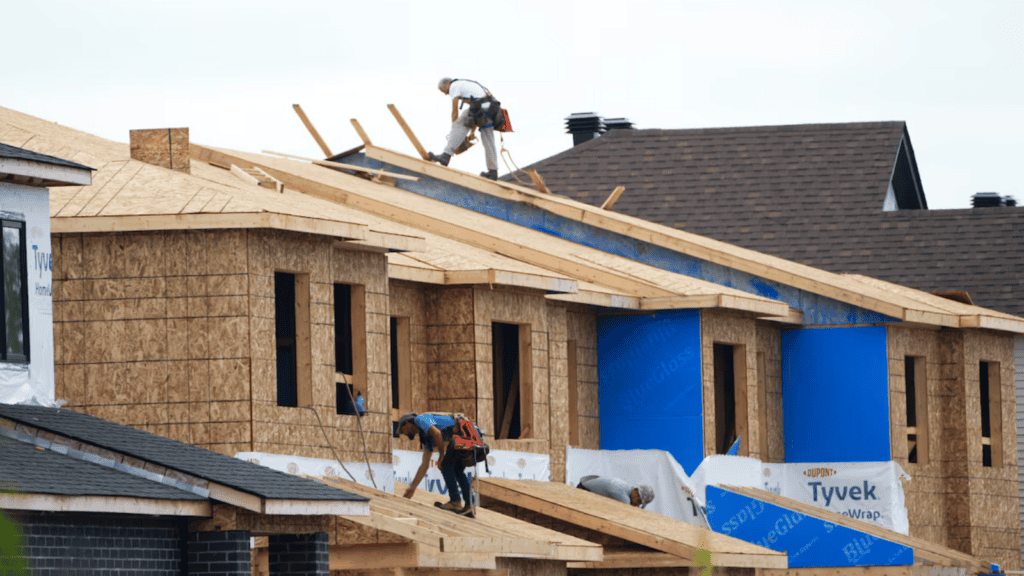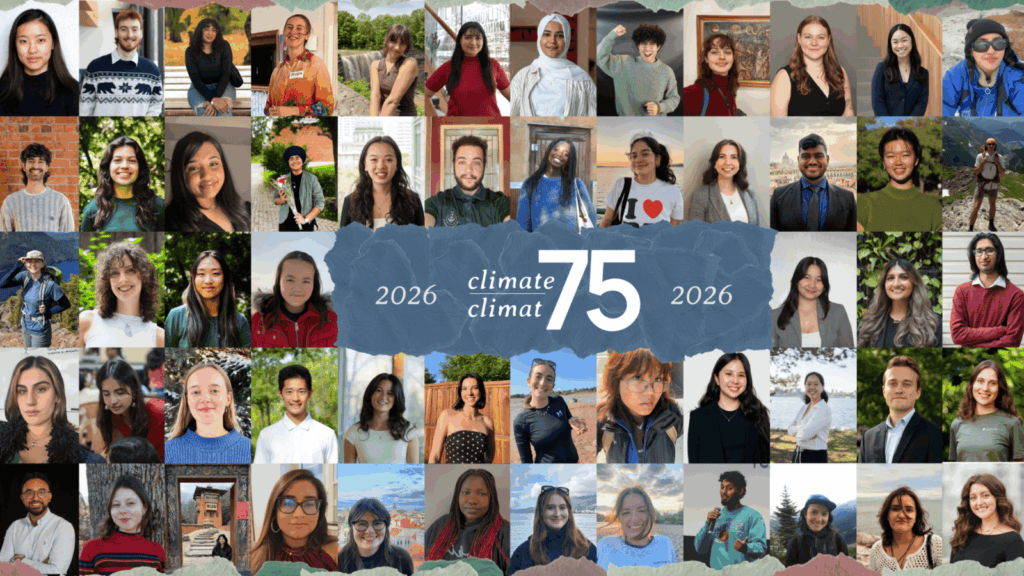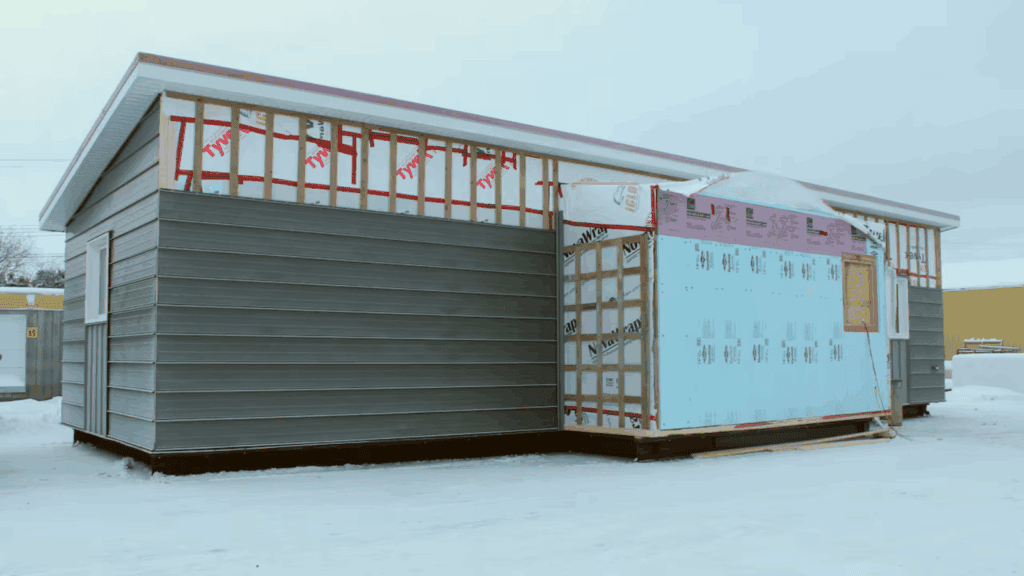
News & Events
News Releases

Indigenous Clean Energy Launches 16-Part Documentary Series on National Indigenous-Led Housing and Energy Solutions
Ottawa,On, February 3, 2026 –The Home Energy Experience Tour (HEET) Mini-Documentaries Showcase 15 Champions Driving Energy Sovereignty, Retrofits, and Infrastructure Projects from Haida Gwaii to Nunatsiavut.

Indigenous housing inequality in Canada will drive up costs and health risks without policy changes: report
December 4, 2025 – New research from Indigenous Clean Energy and the Canadian Climate Institute recommends governments adopt a new approach to prioritize the development of Indigenous housing that’s energy efficient, resilient to climate-related threats, and supports overall well-being.
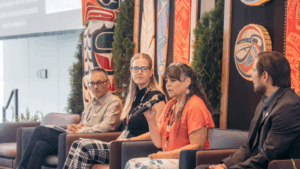
Indigenous Clean Energy hosts national Changemakers Forum and 20/20 Catalysts graduation in Vancouver
Vancouver, BC, November 12, 2025 – Celebrating Indigenous leadership, innovation, and collaboration in Canada’s clean energy transition

Corporate Knights: 30 under 30
Corporate Knights, November 3, 2025 – As the climate crisis tightens its grip, we turn to these young, bright minds to light the path to a more resilient future
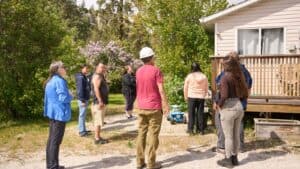
Accelerating Indigenous-Led Housing Solutions Across Canada
WAKEFIELD, QC, August 5, 2025 – Indigenous leaders from 13 communities across Canada are gathering this week in Wakefield, QC, for the second in-person intensive training session of the Bringing It Home Project Accelerator program.

Congratulations Larissa Wrightman, our 20/20 Program Coordinator and GP Alumna Taylor Behn-Tsakoza!
Ottawa, ON – Aug 1st, 2025 — Indigenous Clean Energy (ICE) would like to congratulate Larissa Wrightman, our 20/20 Program Coordinator, and Taylor Behn-Tsakoza, a Generation Power Alumna, who both placed as runners-up in the Miss Indigenous Canada Pageant.
Jump to a section:
Media Inquiries
For media inquiries, please contact:
Lina Forero, Senior Communications Manager
lforero@indigenouscleanenergy.com
